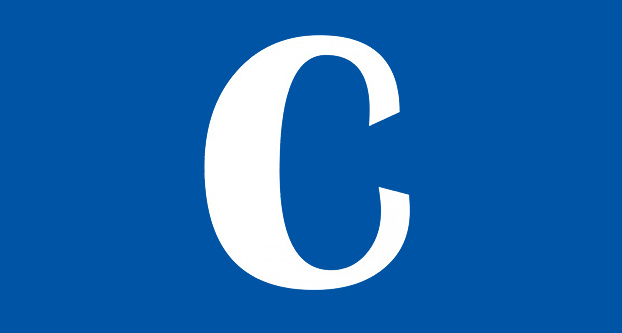The Presidential election is 10 months away and many will not exercise their right to vote.
In the 2012 Presidential election, there were over 13 million voters in California, 410,188 people were registered to vote in Fresno County, but only approximately 200,000 of those individuals from county voted, said Dr. Lisa Bryant, a political science professor.
“There are 611 precincts in the Fresno County and the average precincts gets about 400 people voting in it,” she said.
Often times, potential voters use calculus of political science when deciding whether or not they have influence on the election or not, Bryant said.
“The voters are making this calculated estimate of how likely they are to influence the election,” she said, “and so when you [voters] do this, you weigh the benefits of voting and the cost of voting.”
Some costs of voting includes learning about the issues and the candidates that are on the ballot, registering to vote and taking the time to vote.
Despite having costs, there are benefits.
“One of the benefit [of voting] is the enjoyment, one of the benefit is knowing that you contributed to a functioning democracy, one of the benefit is, ‘Hey I get to show everybody that I’m a very good citizen,’” Bryant said.
Political science major Blain Smothermon said, “I know that a lot of people don’t [vote]. They think that it doesn’t matter, but it actually does.”
Although many may think that a vote does not count, one vote has the opportunity to impact a decision at a state or local level rather than federal level, said Bryant.
“You never know when you will cast a deciding vote,” Bryant said.
Joel Castillo, chemistry major is currently taking two political science courses and said the way for change to take place is by voting.
“It’s a shame that not many people do [vote] because a lot of things could happen if a lot of people voted,” Castillo said. “And you see very clearly and very quickly that it’s a right that we take for granted.”
In order to increase the participation in voting, Bryant said there should be change to the calculation by reducing cost and an increase in duty.
Changing the cost includes easing ballot access, expanding the election period, having mail-in ballots and creating policies that show eligible residents that candidates want them to vote.
Increasing duty includes reaching out to non-voters and informing them about how close elections are, incorporating politics into their lives, reminding them that there’s more than one category on the ballot and more.
Smothermon said voters have a voice to impact and change the future.
“It’s up to you to change [the future],” Smothermon said. “If you want to have a direct impact on it, you need to go out in the community and vote.”




